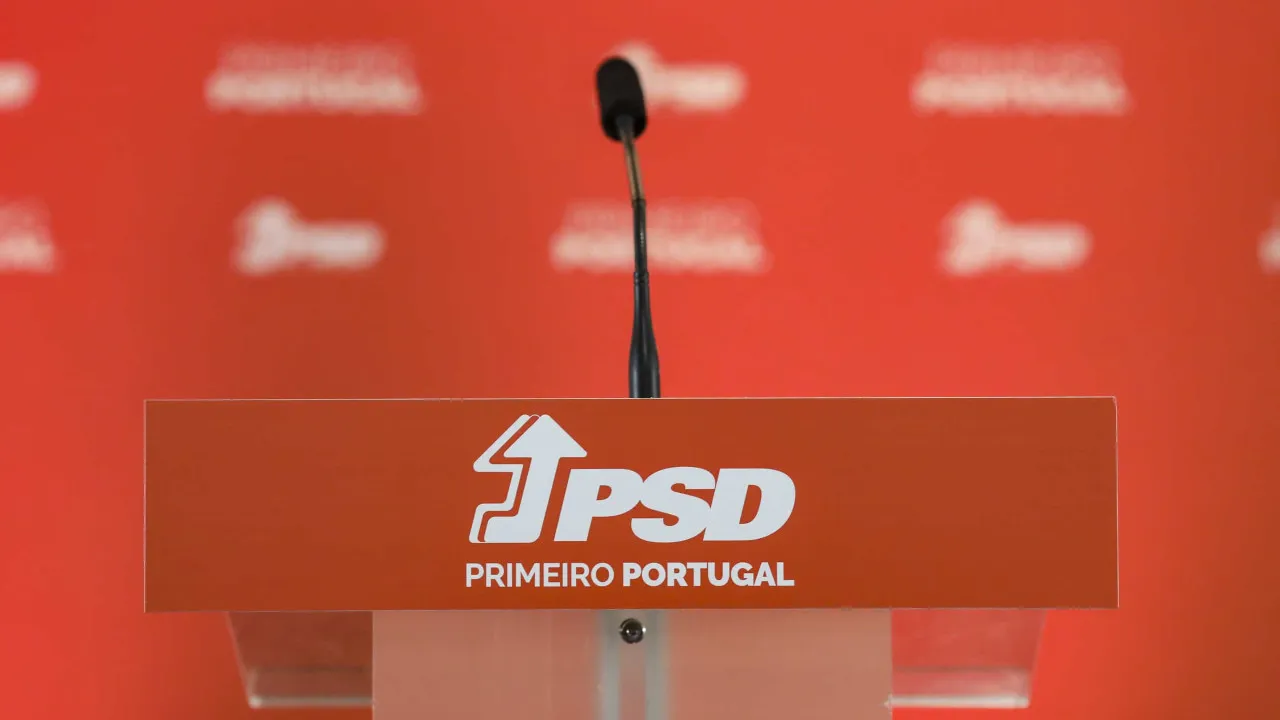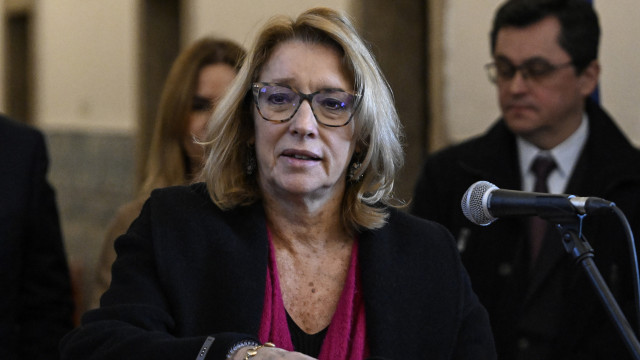
The strategy set for October 12 by Luís Montenegro aims to reclaim leadership of the National Association of Portuguese Municipalities (ANMP) and the National Association of Parishes (Anafre), requiring a shift in dynamics with the PS, which currently presides over 35 more councils than the Social Democrats.
The focus will be strong on the Metropolitan Areas of Lisbon and Porto, where the PSD leadership is confident of maintaining control over municipalities it already leads, such as Lisbon and Cascais, and winning in areas where leadership changes are mandatory, such as Porto, Gaia, or Sintra.
After recording its worst performance ever in local elections under Pedro Passos Coelho in 2013 and 2017, when the PSD captured 106 and 98 councils respectively, the trend reversed in 2021 under Rui Rio’s direction.
Four years ago, the PSD won 114 municipal seats (72 alone and 42 in coalition), regaining control of Lisbon, Coimbra, Portalegre, and Funchal, narrowing the gap with the socialists from 63 to 35 councils.
In the upcoming local elections, the PSD will not contest in only three of the country’s 308 municipalities, all in Alentejo, and will enter into coalitions in more than half. The new development involves agreements with IL, while no pre-election coalitions are formed with Chega.
According to details provided by PSD’s municipal coordinator, Pedro Alves, the PSD will contest 149 municipalities independently and formed 156 coalitions: 114 solely with CDS (led by democrats in 4), six solely with IL, 17 among the three parties, and 19 with other parties (like MPT or PPM).
In the liberal coalitions, the most notable cases include Lisbon, where IL now supports Carlos Moedas’ candidacy in contrast to four years ago amidst difficult negotiations with CDS-PP over seat distribution, and former minister Pedro Duarte in Porto, aiming to reclaim the country’s second-largest capital council after three mandates by independent Rui Moreira.
In eight municipalities, the PSD will back independent candidates, such as former PSD minister Isaltino Morais in Oeiras, or ex-CDU mayor Maria das Dores Meira in Setúbal (against local structures’ wishes), and others like Marinha Grande or Idanha-a-Nova. In Figueira da Foz, former PSD president now turned independent Pedro Santana Lopes will lead a PSD/CDS-PP list.
The PSD is fielding 48 female mayoral candidates, approximately 15% of the total, and faces 19 mayors who cannot seek re-election due to term limits, a number significantly lower than four years ago when many had to be replaced by potential successors.
Noteworthy exits include the mayors of Cascais, Carlos Carreiras, Braga, Ricardo Rio, and Aveiro, Ribau Esteves.
Aside from Setúbal, selections for Aveiro (Luís Souto Miranda) and Guarda (João Prata) led to some internal divisions, and in Espinho (Jorge Ratola), the nomination was contested by Ricardo Sousa, initially nominated by the local council for the National Jurisdiction Council of the PSD, a process still unresolved.
Six PSD parliament members are running for mayoral positions and will have to renounce their mandates if elected: Cristóvão Norte (Faro), Emídio Guerreiro (Gondomar), Hugo Oliveira (Caldas da Rainha), Gonçalo Valente (Ourique), Ricardo Araújo (Guimarães), and Sofia Carreira (Leiria).
In the 2021 local elections, the PSD competed independently in 153 municipalities, formed 146 coalitions with CDS-PP (leading 142 while the other four were led by the democrats), and supported nine independent citizen lists, mostly in the Azores and Madeira.




